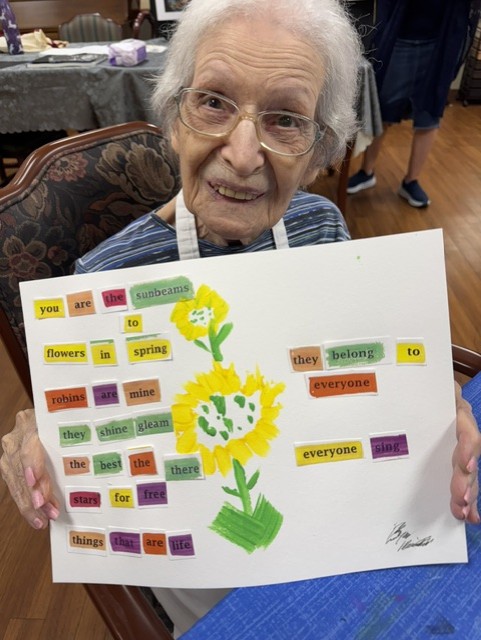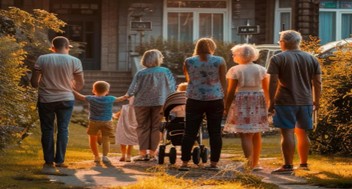Access to affordable, high-quality healthcare is one of the greatest social justice issues facing our nation. An essential aspect of addressing health and wellness begins with individuals understanding their own rights and responsibilities. The most effective way to maneuver through the healthcare process is to seek knowledgeable community resources and support.
Personal Responsibility
In my past life, as a home healthcare-registered nurse, my initial assessment question sought information about people’s understanding of their health condition. Many older, Depression–Era patients usually responded by telling me to ask their doctor. My favorite question was to ask about accompanying an ill child to the doctor. Would you ask the physician about the diagnosis, directions for providing care and signs or symptoms that would require further follow-up? Nodding their heads in affirmation, we began discussing the importance of seeking the same level of healthcare information for themselves. Accepting responsibility for one’s healthcare needs is essential in understanding one’s personal well-being.
Medical Responsibility
The medical community — doctors, nurses, pharmacists, nutritionists, therapists and multiple ancillary staff — play a cooperative role as partners in promoting a person’s wellness. They are responsible for providing quality care, from pregnancy to end of life. This care includes immunizations, treatment and education addressing one’s medical conditions, prescribing medications and routine care.
Dr. Ira Byock in his book, The Best Care Possible, asked students, “What are doctors for?” They responded, “Doctors give people information about their health and about treatments for their medical problems.” Byock continued, “Right. We give information. A key reason that we give information is to teach people about their health. As you probably know, the Latin root of the word ‘doctor’ is docere, meaning ‘to teach.’ Our role as the key source of reliable information and teaching continues through the end of life. As people’s conditions change, they rely on the medical community to share pertinent information about their condition and treatments and help with learning how to take proper care of themselves.”
Self- Advocacy
Taking “good care” of oneself requires that a person accept responsibility to seek the highest level of self-care. This includes a willingness to learn about the multiple aspects of living a healthy lifestyle. This involves appropriate nutrition, activity levels, rest, dealing with stress and emotional and spiritual well-being. Dealing with medical conditions, such as asthma, diabetes or heart disease, demands that people take an active role in their care. They can begin by asking questions about their specific illness, treatment, medications and possible side effects.
People have the responsibility to prepare for a physician’s visit. They should a list of questions regarding care needs and a list of current medications. They shouldn’t hesitate to ask specific questions about any healthcare issues. If a person has a changed or newly diagnosed condition, it is helpful to ask someone to accompany them and take notes as the physician shares valuable healthcare information that can be reviewed later.
A person’s willingness to commit to lifestyle changes that will promote wellness and improve disease outcomes is essential.
The Impact of Healthy Aging
Our society is rapidly changing, and the process of aging looks very different than years past. Many people remain actively engaged within their communities, and at Parkvue Community, into their 80s and 90s. They celebrate the gift of abundant life by practicing a balance. They seek to maintain quality healthcare and identify avenues to remain actively involved in all aspects of wellness and their daily lives. The pursuit of quality healthcare and healthy living requires active participation of individuals, families, friends, healthcare providers and the entire healthcare system. Each person is responsible to seek a healthy, personal best. As a nation, may we continue to identify multiple pathways that will assure all God’s beloved children have equal access to health education and quality, affordable care.
View all articles by:






















